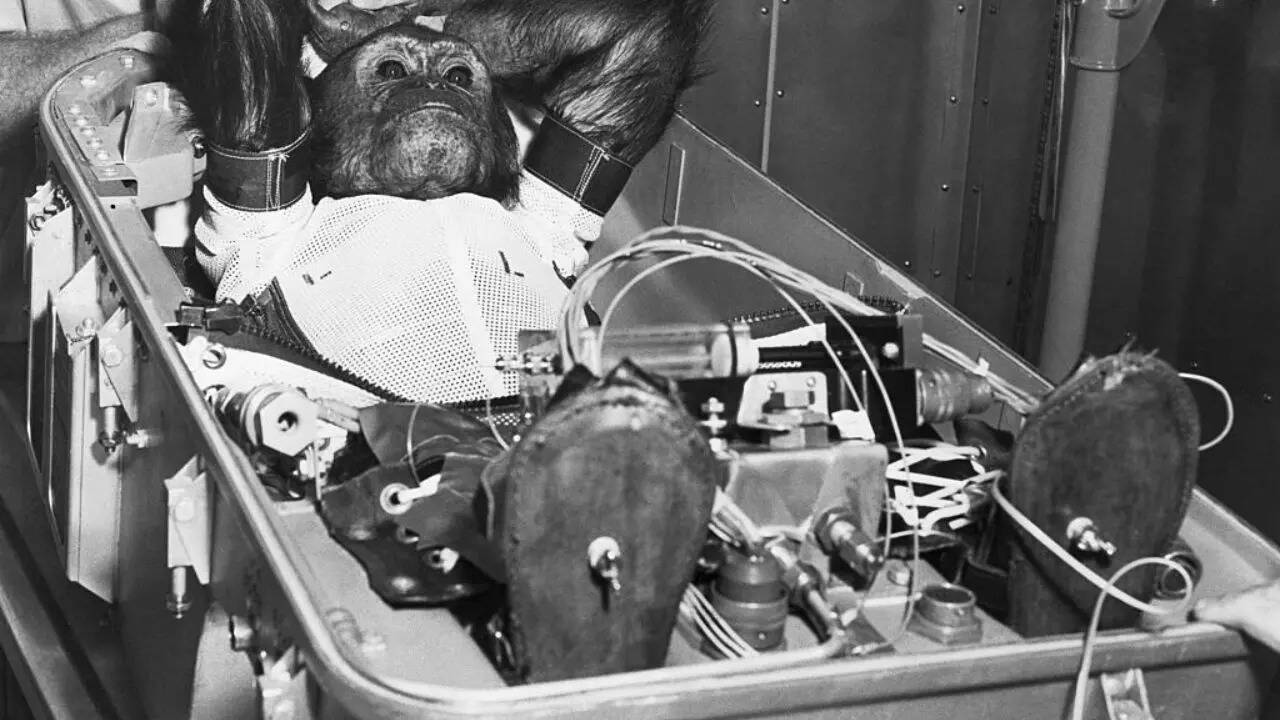Animals that went into the space before humans did

The cosmos dazzles with discoveries, from JWST uncovering a massive black hole in a tiny early galaxy to Saturn's return lighting up the night sky, while new hints suggest Earth may reside in a vast cosmic void.

All major sources, one page
Feel the mood behind headlines
Know what’s trending, globally
Get summaries. Save time
9,173
125
211
an hour ago
Stay sharp in 60 seconds. Get concise summaries of today’s biggest stories — markets, tech, sports, and more
All major sources, one page
Feel the mood behind headlines
Know what’s trending, globally
Get summaries. Save time
9,173
125
211
an hour ago
Stay sharp in 60 seconds. Get concise summaries of today’s biggest stories — markets, tech, sports, and more